Our load securing experts
We are happy to be of service

Do you need help on how best to transport a particular load safely? Contact our cargo securing experts - they will be happy to help.
Contact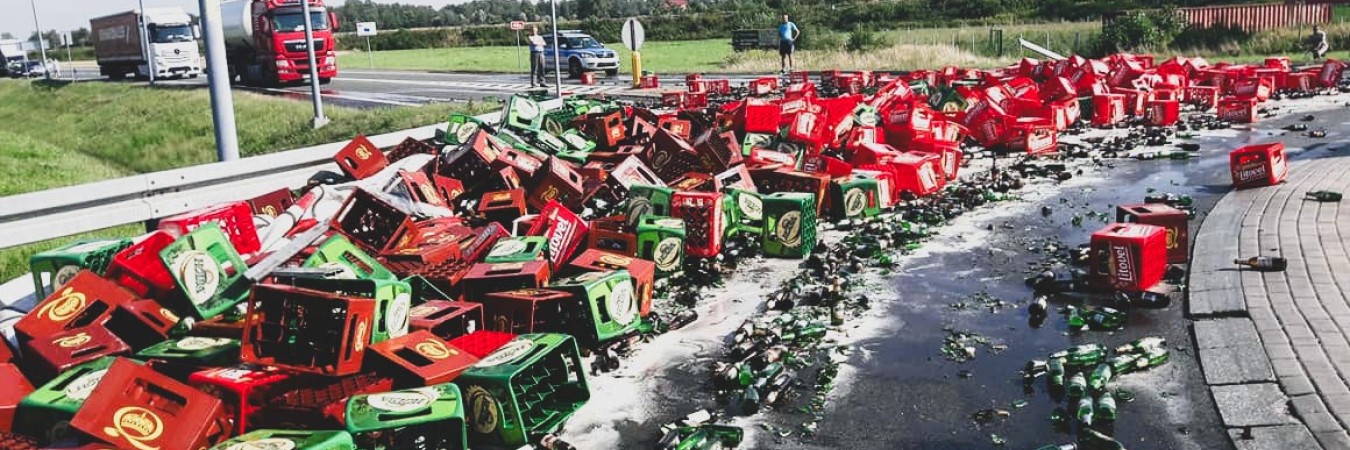
You have probably seen them often. Those sensational pictures of accidents involving improperly loaded trailers. For those involved, such an event is usually dramatic, as there is damage and, in many cases, personal injury and suffering. What causes these accidents and what can be done to prevent such accidents in the future?
Estimating whether cargo will stay put during transport is not responsible. And as soon as one of the following statements is heard, the professional already knows in that something is not right:
'That's so heavy, it can't slide!'
'That will really stay put.'
'Just drive carefully!'
'That's really stuck, though!'
'It's always been fine.'
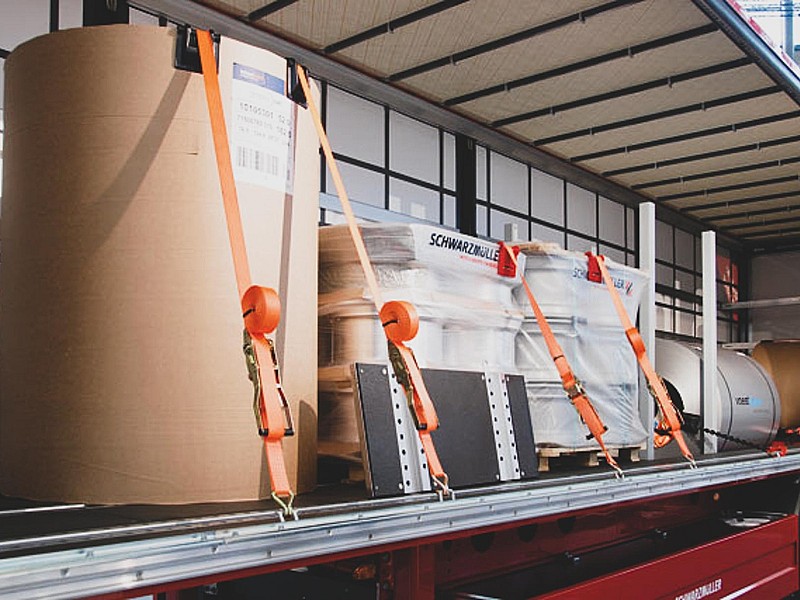
Load securing is a matter of knowing the rules, doing the right calculations, choosing the right equipment and then handling it in the right way. It takes time and money, but with a positive end result.
More than once a day, truck accidents on European roads involve load securing. Trucks tip over in road bends and crates, boxes, concrete slabs slide off semi-trailers. The media regularly carry images of roads full of broken bottles or pallets that have to be fished out of the ditch alongside a road. In the process, cars are often damaged, people are injured and sometimes even killed.
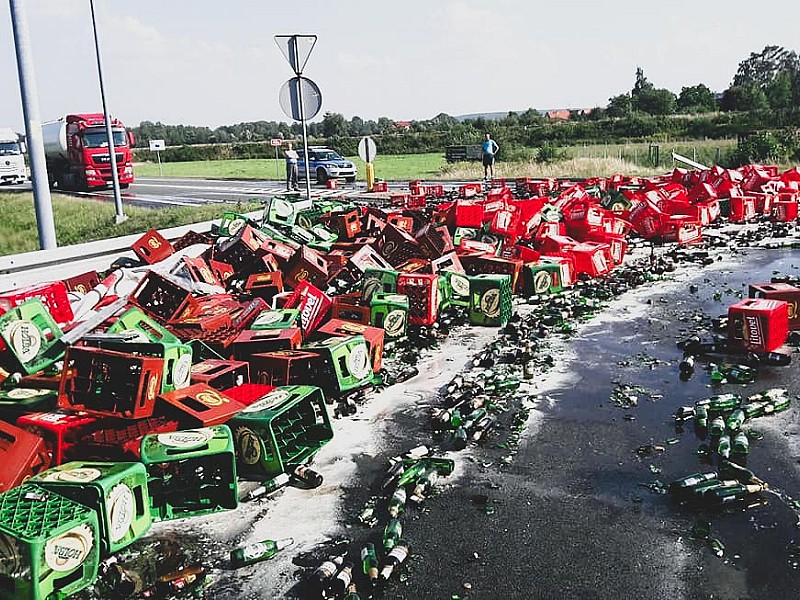
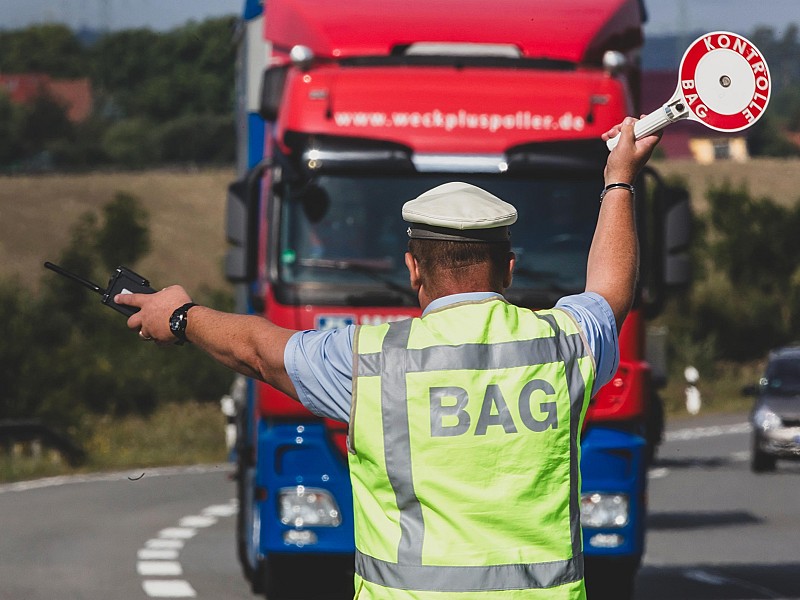
On Belgian roads alone, more than 10,000 accidents occur every year as a result of insufficient load securing. However, 90% of accidents involve vehicles whose maximum authorised weight is less than 3.5 tonnes. So that's about 1,000 accidents a year, almost three a day. An expert from the Belgian police said at a seminar:
'Every day I stand with buckets and brushes to clean up messes and I am also confronted daily with injuries and sometimes even deaths.'
The Dutch police only come to the scene in serious or complicated accidents. As a result, the number of cargo loss cases recorded by the police has declined in recent years. But on average, the police recorded 850 cases of cargo loss by trucks, just over two per day.
It is never certain in advance who is at fault. Responsibility may lie with the driver, but also with whoever loaded the truck, be it the carrier or the loader. Courts usually look at all parties involved and that sometimes even the shipper cannot escape liability. Therefore, the question "who should secure cargo?" cannot be answered unequivocally. Legislators in Europe have not specifically divided responsibilities among the parties involved, but in general, the following rules apply:
- Loader: cargo must be offered safely packed (shape-proof).
- Carrier: vehicles must meet all requirements.
- Driver: cargo must be adequately secured, taking into account the nature of the cargo, the characteristics of the vehicle and the journey to be made.
Belgium was one of the first countries in Europe to incorporate the European Union's new strict rules into its national legislation. Belgian law specifies the technical standards that load securing must meet in terms of methods and materials used.
The country is also a pioneer in the harmonisation of controls. Belgium has had strict regulations for securing cargo since 2011, and those who fail to comply risk a fine. Fines for incorrectly securing cargo vary between €150 and €1,000 in Belgium.
However, the police do not think that those involved are worried to this amount, but rather to the loss of time. The time required for checks to get load securing in order can run into hours, and if a replacement means of transport has to be found, even much longer.
The co-responsibility of packers and shippers is included in Belgian law. Under Belgian law, the loader must provide written information needed by the carrier to properly secure the goods before transport.
The rules and laws relating to cargo securing are slightly less detailed in the Netherlands than in Belgium, but the legislation is expected to be tightened in the Netherlands as well.
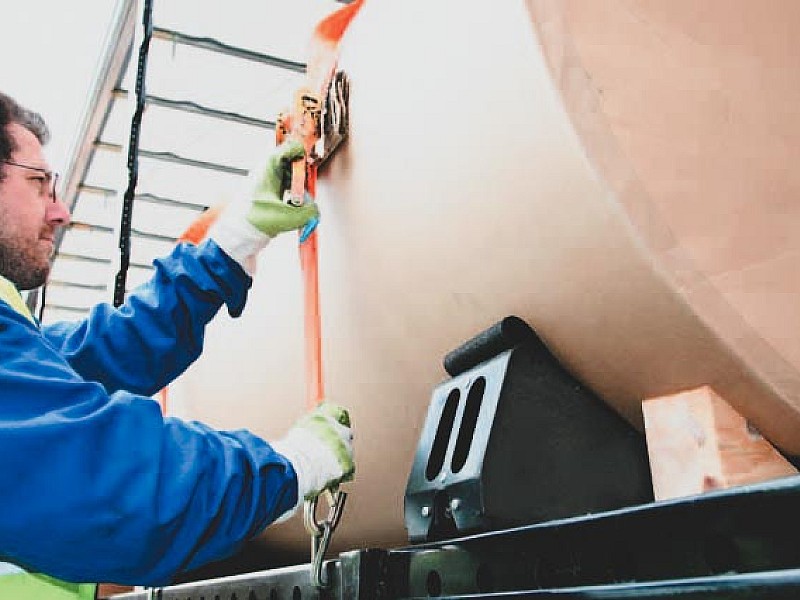
-thumbnail-big.jpg)
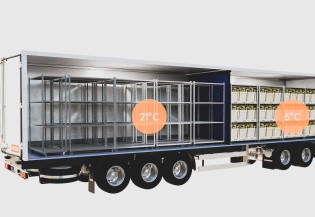
Find every download related to IsoLok: User Manuals, Mounting Instructions, Product Information and Brochure.
Read more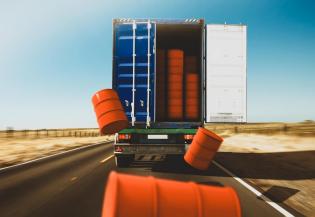
As a transport company, you know that ensuring the safety of your cargo is evident —not just for operational efficiency but also to comply with regulations.
Read more